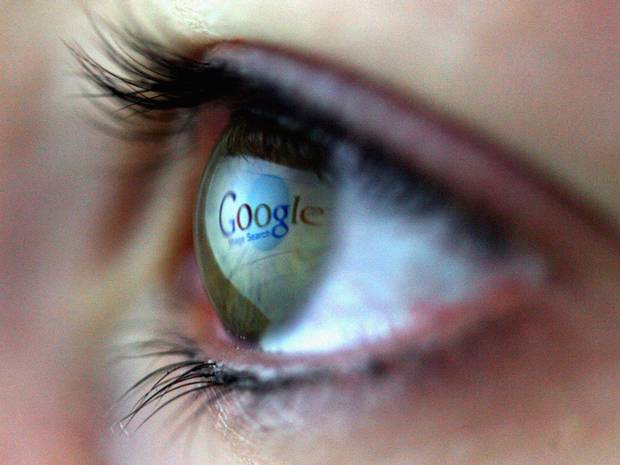Google starts to forget: first 'irrelevant' links removed in compliance with EU ruling
Searches for names from EU domains will now be appended with a notice: "Some results may have been removed under data protection law in Europe"

Your support helps us to tell the story
From reproductive rights to climate change to Big Tech, The Independent is on the ground when the story is developing. Whether it's investigating the financials of Elon Musk's pro-Trump PAC or producing our latest documentary, 'The A Word', which shines a light on the American women fighting for reproductive rights, we know how important it is to parse out the facts from the messaging.
At such a critical moment in US history, we need reporters on the ground. Your donation allows us to keep sending journalists to speak to both sides of the story.
The Independent is trusted by Americans across the entire political spectrum. And unlike many other quality news outlets, we choose not to lock Americans out of our reporting and analysis with paywalls. We believe quality journalism should be available to everyone, paid for by those who can afford it.
Your support makes all the difference.Google has started removing search results for certain queries in compliance with the European Union’s ruling on the so-called “right to be forgotten”.
The landmark legislation was upheld by the European Court of Justice on 13 May, with regulators granting citizens in 28 EU member states the right to petition Google to remove links to sites containing information that they deemed “inadequate, irrelevant or no longer relevant”.
Google has since set up a web form to facilitate this process and reported receiving more than 41,000 requests in the first four days. Today it announced that a small number of requests have been processed and that is slowly ramping up its capacity to deal with requests.
"This week we're starting to take action on the removals requests that we've received," a Google spokesman said. "This is a new process for us. Each request has to be assessed individually, and we're working as quickly as possible to get through the queue."
Google has previously suggested that it might highlight each individual link that has been removed as it does for takedowns on pirated content, but EU regulators told the search engine that doing so would undermine the ruling by drawing more attention to the removed links.
Instead, a notice will appear at the bottom of the search page telling users “Your results may have been modified under data protection law in Europe” with a link to learn more about the ruling. Google says this notice will appear for all name queries in Europe except for celebrities (individuals in the public eye are explicitly excluded from submitting requests by the EU).
Early reports suggested that among the first individuals petitioning Google to have search results removed were a scandal-hit politician seeking re-election, a doctor wanting to remove negative reviews of his practice and a man convicted of possessing child abuse.
Following the ruling Google set up a committee to examine the ethical and legal challenges of removing links, with a penal including Google chairman Eric Schmidt, Wikipedia founder Jimmy Wales and Oxford University professor of ethics and philosophy at Luciano Floridi.
Speaking to The Independent in May, Professor Floridi said that the ruling has “raised the bar so high that the old rules of the internet no longer apply”.
“People would be screaming if a powerful company suddenly decided what information could be seen by what people, when and where,” he said. “That is the consequence of this decision. A private company now has to decide what is in the public interest.”
Join our commenting forum
Join thought-provoking conversations, follow other Independent readers and see their replies
Comments